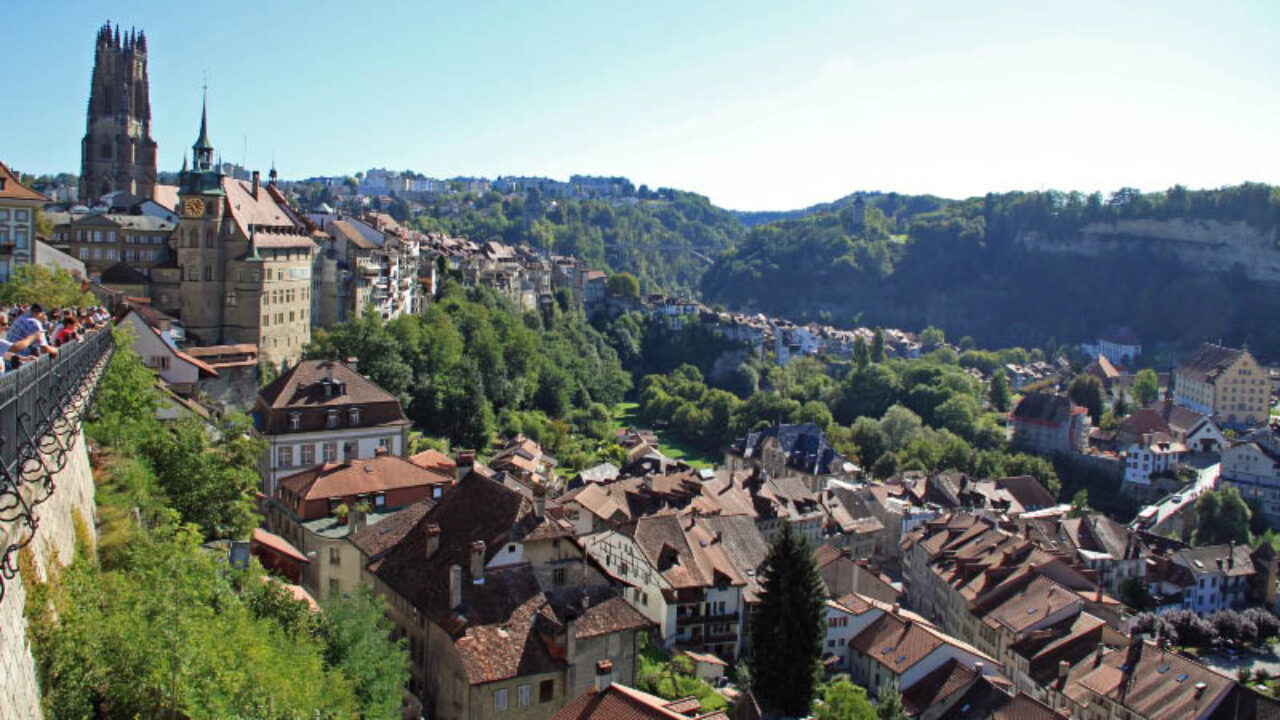PhD position
posted on November 9, 2022
PhD position: Cracking the code of auditory perception during sleep using modern closed-loop engineering methods (Lullabyte project).
Application deadline extended to: April 15th
Start date: Sept 1st, 2023
The Femto Neuro group, FEMTO-ST Institute in Besançon, France and the Cognitive Biopsychology and Methods lab, University of Fribourg, Switzerland, are seeking applications for a fully-funded PhD position (3 years) about the application of closed-loop control engineering techniques to the analysis of human sensory electrophysiology data during sleep. The position will be based primarily in Besançon, France, and include a research stay in Fribourg, Switzerland.
The position is funded by CNRS, with the generous support of the LULLABYTE Marie Skłodowska-Curie Doctoral Network. Important: because the position is funded by a Marie Skłodowska-Curie action, there are strict mobility rules of eligibility for this position. Applicants must not have resided or carried out their main activity (work, studies etc.) in France for more than 12 months in the last 36 months before the date of recruitment, i.e. between Sept. 2020 and Sept. 2023.
The science
While the sleeping brain was once believed to be isolated from external sensory events, a series of findings have demonstrated the surprising extend to which it in fact continues to process external sounds: sleepers can e.g. differentiate meaningful speech vs irrelevant signals (Legendre et al. 2019), recognize the sound their own name (Perrin et al. 1999), process sounds as memory cues to improve subsequent recall of information (Rudoy et al. 2009), and even rehearse the performance of music melodies (Antony et al. 2012). Despite this flurry of findings, little is still understood about what types of sounds are favored for transmission to the cortex during sleep, notably because current research exploring the optimal acoustic characteristics of, e.g., fire alarms do so with highly inefficient experimental paradigms (testing 2-3 sounds per night, waking up participants many times), which strongly limit scientific progress.

Figure: Example of the closed-loop auditory stimulation protocol used by Ngo et al. (2013). Following detection of a slow-oscillation (SO) down-state in the sleep EEG signal, pulses of pink noise are delivered in phase with the two subsequent SOs. Figure adapted from Harrington & Cairney, 2021. .
For the past 15 years, the field of sleep and cognition has increasingly relied on real-time, closed-loop auditory stimulation techniques, that are able to trigger sound stimuli in a synchronized manner with specific brain oscillations, typically slow oscillations (SOs) and, to a lesser extent, sleep spindles (for a recent review, see Ngo, Antony & Rasch, 2022). While these techniques are principally used to study the effect of stimulating specific oscillatory patterns and increase e.g. memory consolidation (Ngo et al. 2013), they open avenues for innovations based on modern control engineering techniques such as closed-loop system identification and feedback control. These techniques would be able not only to trigger fixed stimuli in phase with fixed EEG events (Ferster, Lustenberger & Karlen, 2019), but also to automatically adapt the sonic content of such stimuli, to characterize the transfer function between sound and EEG, and to discover new neurophysiological mechanisms to interact with the real-time sleeping brain.
This PhD project, which is a collaboration between a control engineering lab in Besançon (France) and a sleep cognition research lab in Fribourg (Switzerland), therefore aims to explore the application of modern closed-loop control engineering to the exciting field of sleep auditory stimulation.
Antony, J. W., Gobel, E. W., O’hare, J. K., Reber, P. J., & Paller, K. A. (2012). Cued memory reactivation during sleep influences skill learning. Nature neuroscience, 15(8), 1114-1116.
Ferster, M. L., Lustenberger, C., & Karlen, W. (2019). Configurable mobile system for autonomous high-quality sleep monitoring and closed-loop acoustic stimulation. IEEE Sensors Letters, 3(5), 1-4.
Legendre, G., Andrillon, T., Koroma, M., & Kouider, S. (2019). Sleepers track informative speech in a multitalker environment. Nature human behaviour, 3(3), 274-283.
Ngo, H. V. V., Antony, J. W., & Rasch, B. (2022). Real‐time stimulation during sleep: prior findings, novel developments, and future perspectives. Journal of Sleep Research, 31(6), e13735.
Ngo, H.-V. V., Martinetz, T., Born, J., & Mölle, M. (2013). Auditory closed-loop stimulation of the sleep slow oscillation enhances memory. Neuron, 78, 545–553.
Perrin, F., Garcı́ a-Larrea, L., Mauguière, F. & Bastuji, H. A differential brain response to the subject’s own name persists during sleep. Clin. Neurophysioly 110, 2153–2164 (1999).
Rudoy, J. D., Voss, J. L., Westerberg, C. E., & Paller, K. A. (2009). Strengthening individual memories by reactivating them during sleep. Science, 326(5956), 1079-1079.
The environment
 The successful applicant will join the FEMTO Neuro group, a small, recently-established interdisciplinary group of scientists (currently 2 PIs, one postdoc, two PhD students) exploring control-systems approaches to the analysis of human sensory electrophysiology in health and disease. The Femto neuro group is part of the larger System Data Science team, a concentration of 7 faculty working on data-driven analysis, pronostic and health management of natural, industrial and environmental systems (head: Prof. Jean-Marc Nicod), and based in the Department of Automation and Robotics, FEMTO-ST Institute in Besançon, France.
The successful applicant will join the FEMTO Neuro group, a small, recently-established interdisciplinary group of scientists (currently 2 PIs, one postdoc, two PhD students) exploring control-systems approaches to the analysis of human sensory electrophysiology in health and disease. The Femto neuro group is part of the larger System Data Science team, a concentration of 7 faculty working on data-driven analysis, pronostic and health management of natural, industrial and environmental systems (head: Prof. Jean-Marc Nicod), and based in the Department of Automation and Robotics, FEMTO-ST Institute in Besançon, France.
Work in the Neuro group is both experimental (we collect our own EEG and behavioural data) and computational (we build our own software methods), with a strong focus on clinical applications (see our recent work here). The group also has a strong focus on open science, and develops and maintains a number of free, open-source research software which are made available for the research community. In Besançon, the PhD candidate will be supervised by Dr Jean-Julien Aucouturier (Directeur de recherche CNRS).
 This project also includes a research secondment at the Cognitive Biopsychology and Methods lab, Dept of Psychology, University of Fribourg, Switzerland, where the PhD application will be co-supervised by Prof. Björn Rasch. It is anticipated that system development and awake EEG will be developped in Besançon, and sleep EEG data will recorded in Fribourg.
This project also includes a research secondment at the Cognitive Biopsychology and Methods lab, Dept of Psychology, University of Fribourg, Switzerland, where the PhD application will be co-supervised by Prof. Björn Rasch. It is anticipated that system development and awake EEG will be developped in Besançon, and sleep EEG data will recorded in Fribourg.
Applicants
The ideal applicant for this position holds a Master of Science with a background either in control engineering/bioengineering and an interest in neuroscience, or in neuroscience with a strong interest in computational methods (e.g., computational neuroscience, psychophysical data modeling). The project offers the best training potential for applicants who already have a solid programming background in Python, R or Matlab. Experience with analysing EEG experimental data (awake/sleep) will be considered an asset, but is not a requirement.
Important notice: because the position is funded by a Marie Skłodowska-Curie action, there are strict mobility rules of eligibility for this position. Applicants must not have resided or carried out their main activity (work, studies etc.) in France for more than 12 months in the last 36 months before the date of recruitment, i.e. between Sept. 2020 and Sept. 2023. .
How to apply:
Applications must be done via the CNRS employment portal, at this link: https://emploi.cnrs.fr/Offres/Doctorant/UMR6174-JEAAUC-006/Default.aspx. The portal is opened for application from 15 March to 5th April 2023.
Please note that, per the Marie Skłodowska-Curie mobility rules, only applicants who are not currently residing in France can be considered for the position.
Application material:
- curriculum vitae
- motivation letter detailing past experiences that are relevant for the project
- name of 2-3 referees who could provide reference letters if needed
Application period: March 15th - April 15th, 2023
Application deadline: 15th April 2023
Interviews conducted: April 2023
Start date: 1st September 2023 (3 year, fulltime)
For informal enquiries, please contact:
Jean-Julien Aucouturier (aucouturier@gmail.com)